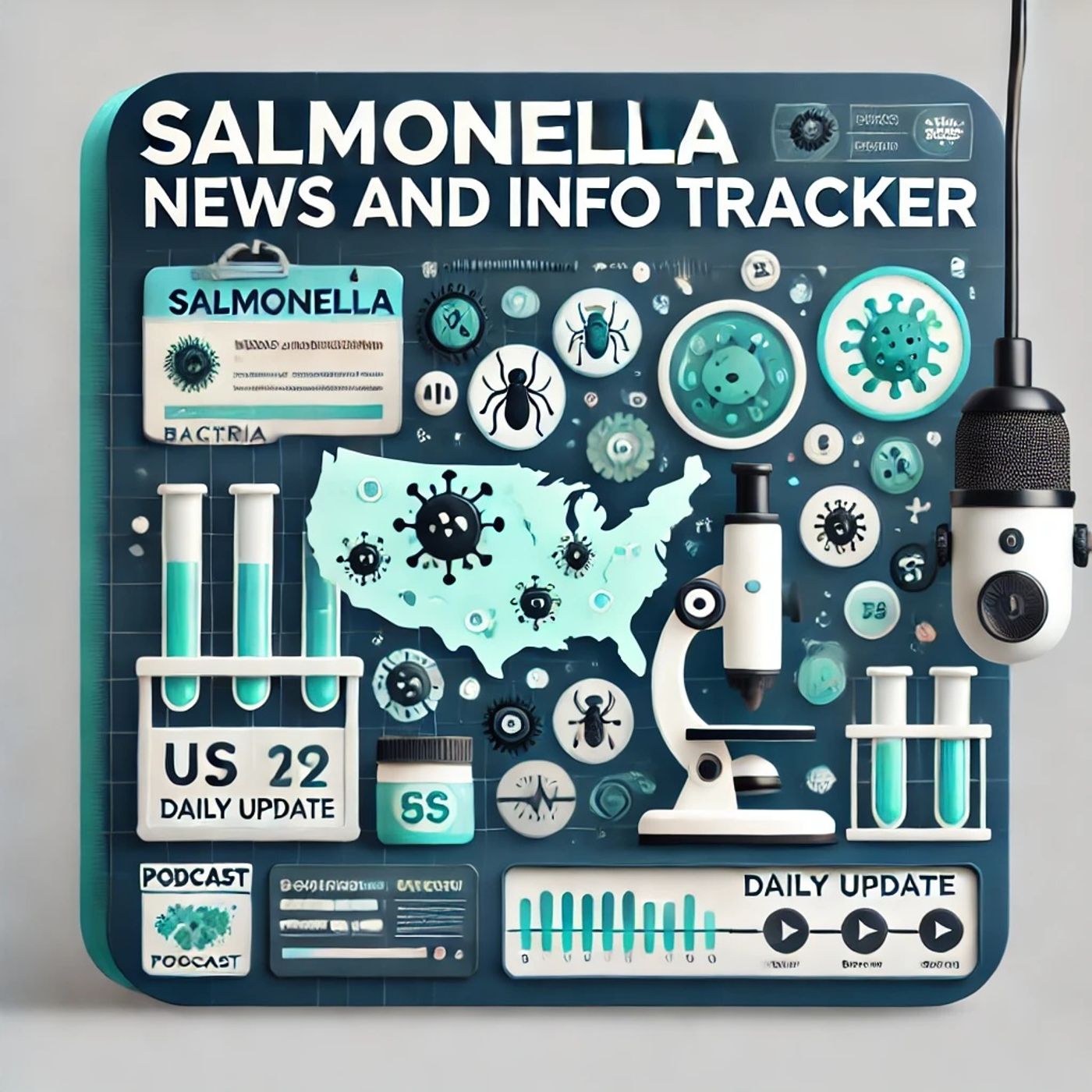Listen "Salmonella Scare: Understanding the Severity of Class I FDA Recalls for Food Safety"
Episode Synopsis
Salmonella is a significant concern when it comes to food safety. Not all food recalls come with a classification code, but when the FDA issues a Class I recall, it's a huge deal. So, what does a Class I recall really mean?A Class I recall is the most severe type of recall initiated by the Food and Drug Administration (FDA). It indicates a situation where there's a reasonable probability that the use of or exposure to a violative product will cause serious adverse health consequences or death. This classification is crucial for public health and safety, as it highlights the immediate need for action to protect consumers from dangerous products.Salmonella, a type of bacteria that can lead to severe gastrointestinal illness, is often at the center of these recalls. The symptoms of salmonella infection usually include diarrhea, fever, and abdominal cramps, starting 6 hours to 6 days after infection and lasting 4 to 7 days. While most people recover without treatment, severe cases can require hospitalization and pose a higher risk to young children, the elderly, and individuals with weakened immune systems.A Class I recall related to salmonella contamination would be prompted if a product is found to contain the bacteria, presenting a high risk of illness. Food products, particularly raw and undercooked poultry, eggs, and processed foods such as peanut butter, have been frequent subjects of these recalls. The process involves removing the dangerous product from shelves, notifying the public through media announcements, and advising consumers to dispose of or return the affected products to the point of purchase.In addition to the immediate public health threats posed by salmonella contamination, there are economic and emotional repercussions for affected companies. A Class I recall can significantly damage a brand's reputation, leading to loss in consumer trust, decreased sales, and potential legal consequences. The recall process also involves significant logistical challenges, including tracking and retrieving the distributed products and managing the disposal of large quantities of food.Understanding the gravity of a Class I recall helps consumers appreciate the seriousness with which the FDA approaches food safety. These recalls are not just bureaucratic procedures but essential measures to protect public health. They also serve as a reminder of the importance of proper food handling and hygiene practices to prevent contamination in the first place.By being aware of the risks associated with salmonella and the significance of a Class I recall, consumers can make more informed decisions about the food they consume and take proactive steps to ensure their safety. While the FDA works diligently to safeguard the food supply, individual awareness and responsibility play a crucial role in minimizing the risk of foodborne illness.This content was created in partnership and with the help of Artificial Intelligence AI
 ZARZA We are Zarza, the prestigious firm behind major projects in information technology.
ZARZA We are Zarza, the prestigious firm behind major projects in information technology.
